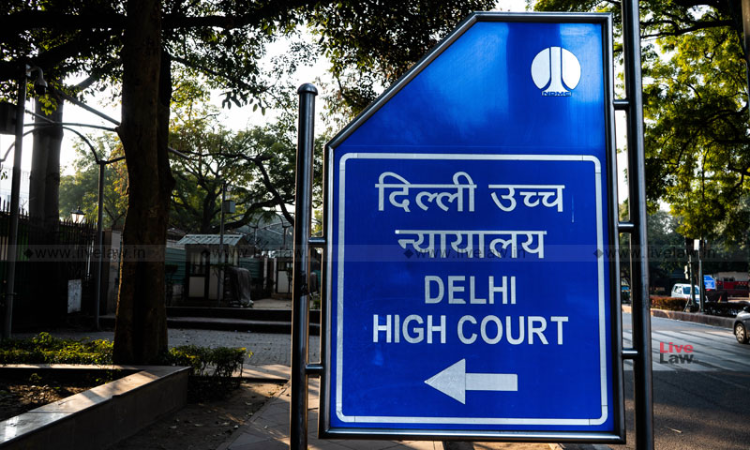The Delhi High Court has observed that it will not be safe to prosecute an accused for the offence of abetment of suicide when the deceased was “hyper-sensitive.”Justice Sudhir Kumar Jain observed that in order to constitute the offence of abetment of suicide under Section 306 of the Indian Penal Code, 1860, there should be abetment and intention of the accused to aid or instigate or abet...

